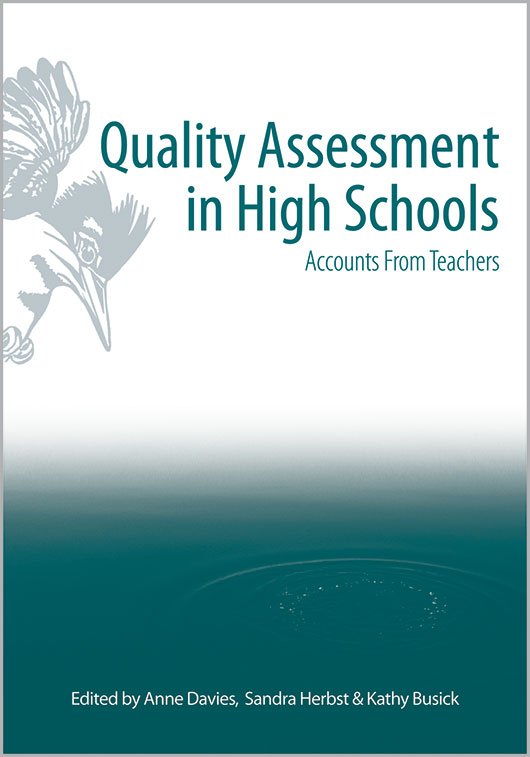Free Reproducibles
Quality Assessment in High Schools
Accounts From Teachers
Discover how to increase the efficacy of your assessment practices and motivate students to take ownership of their learning. Educators from a variety of disciplines share techniques and firsthand strategies for creating systems of assessment that target student needs and engage them in the learning process. Learn how to leverage learning evidence to cultivate a collaborative environment where students thrive.
Benefits
- Learn to seek feedback and to apply insights from both failures and successes, while maintaining a sense of humor, in order to strengthen student learning.
- Identify quality classroom assessment, and implement it in your own classroom.
- Use assessment to amplify learning across disciplines and school systems.
- Build partnerships with students to motivate them to take ownership of their learning.

TABLE OF CONTENTS
Chapter 1: Reading Our Students: A Foundation for Meaningful Assessment
Chapter 2: Collect, Select, Reflect: Effective Use of Portfolios in the Classroom
Chapter 3: Creating the Classroom Culture
Chapter 4: Making Assessment and Instruction Work in a Modern Language Classroom
Chapter 5: Mathematics: Assess to Success
Chapter 6: Assessments to Create the Foundations for Quality Work in Science Class
Chapter 7: A Curmudgeon's Guide to the Assessment Universe
Chapter 8: Action Research and the Power of Peer Feedback
Chapter 9: Mathematics Teachers Are Ahead of the Curve When It Comes to Assessment for Learning
Chapter 10: Engaging Students in Self-Assessment Through Letter Writing
Chapter 11: Reflective Assessment in Mathematics
Chapter 12: “No-Grades” Assessment
Chapter 13: A Culture of Learning: Building a Community of Shared Learning Through Student Online Portfolios
Chapter 14: Assessment Case Studies: IB Theory of Knowledge and Biology
Chapter 15: Promoting Lifelong Learning: Creative Assessment Practices in Social Studies
